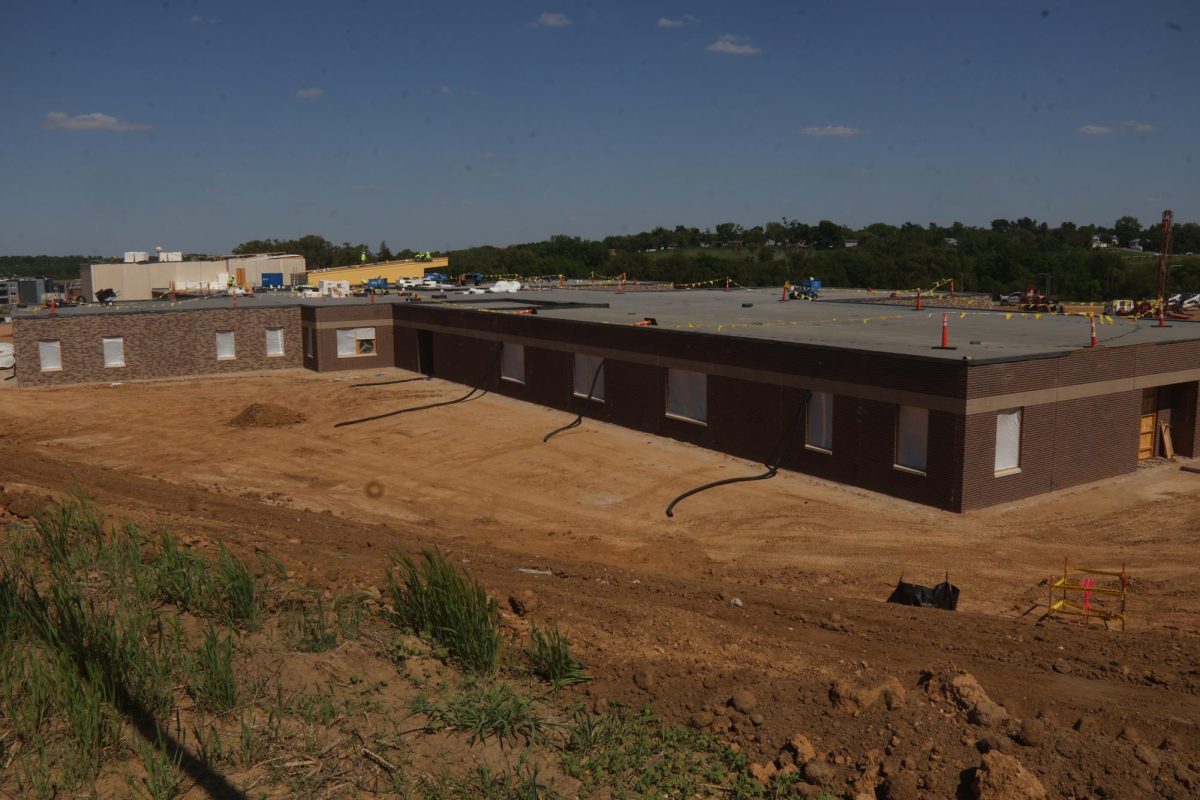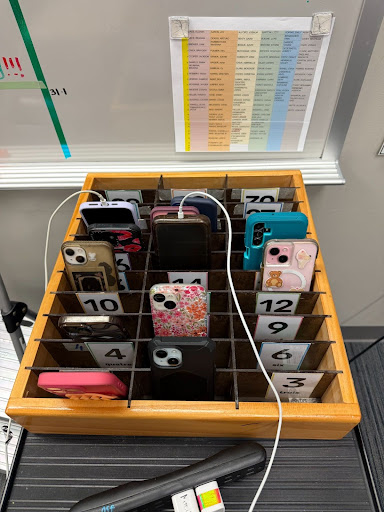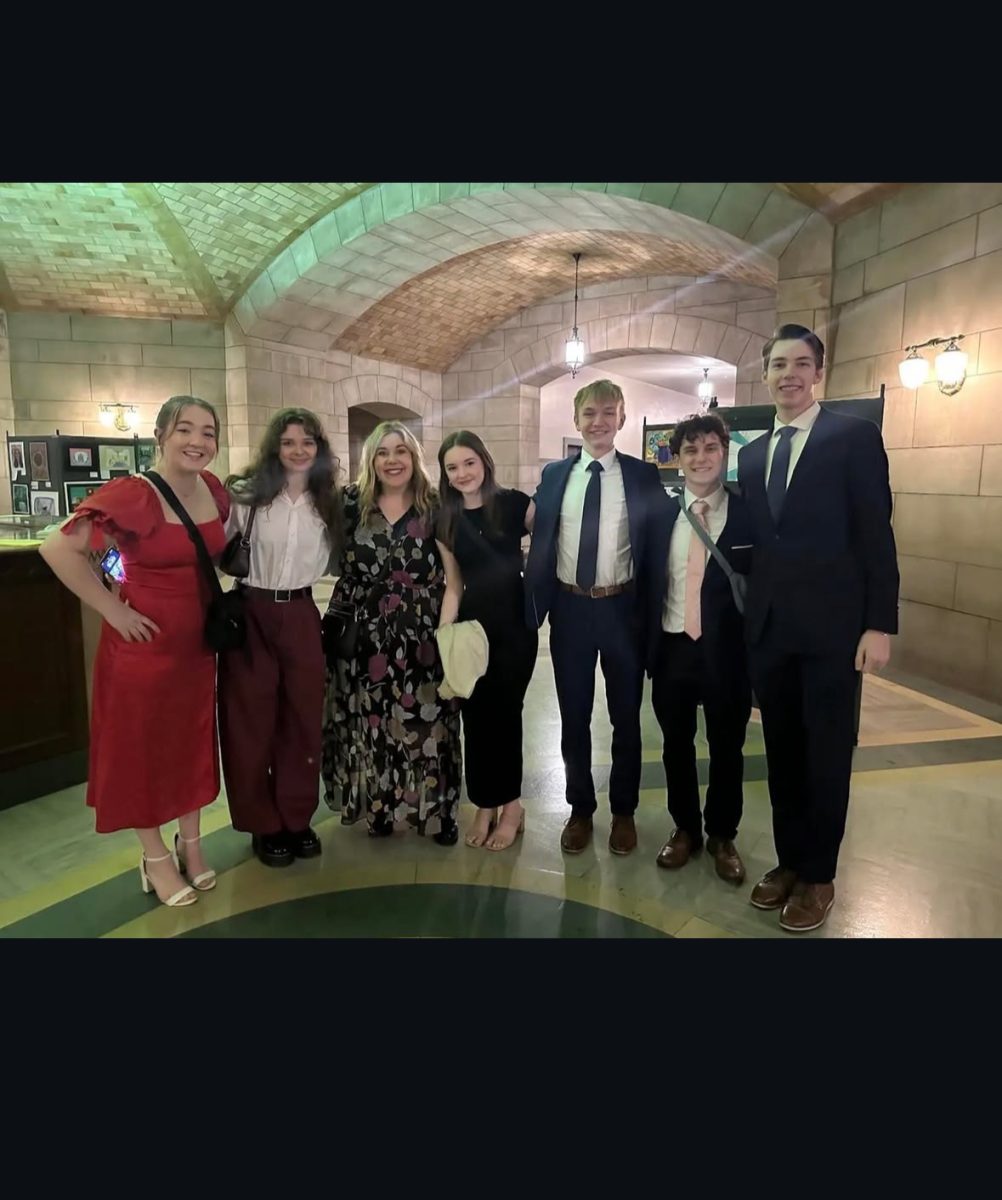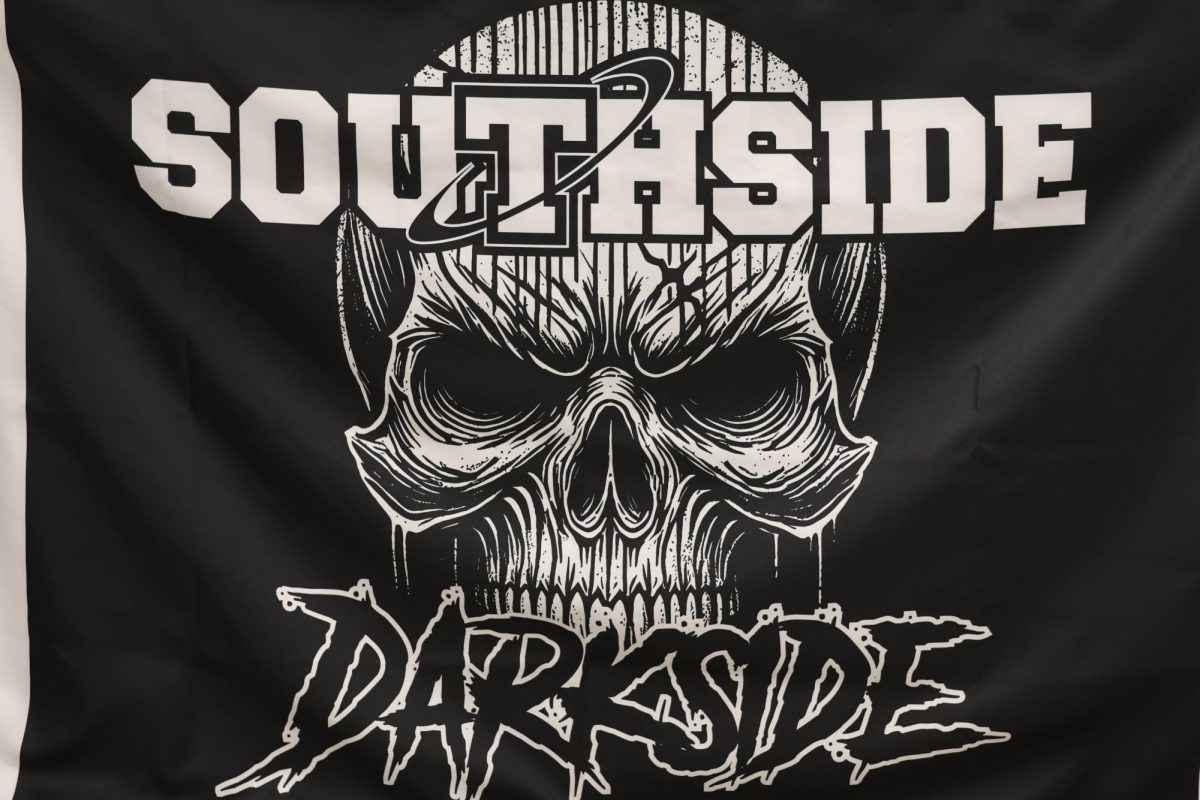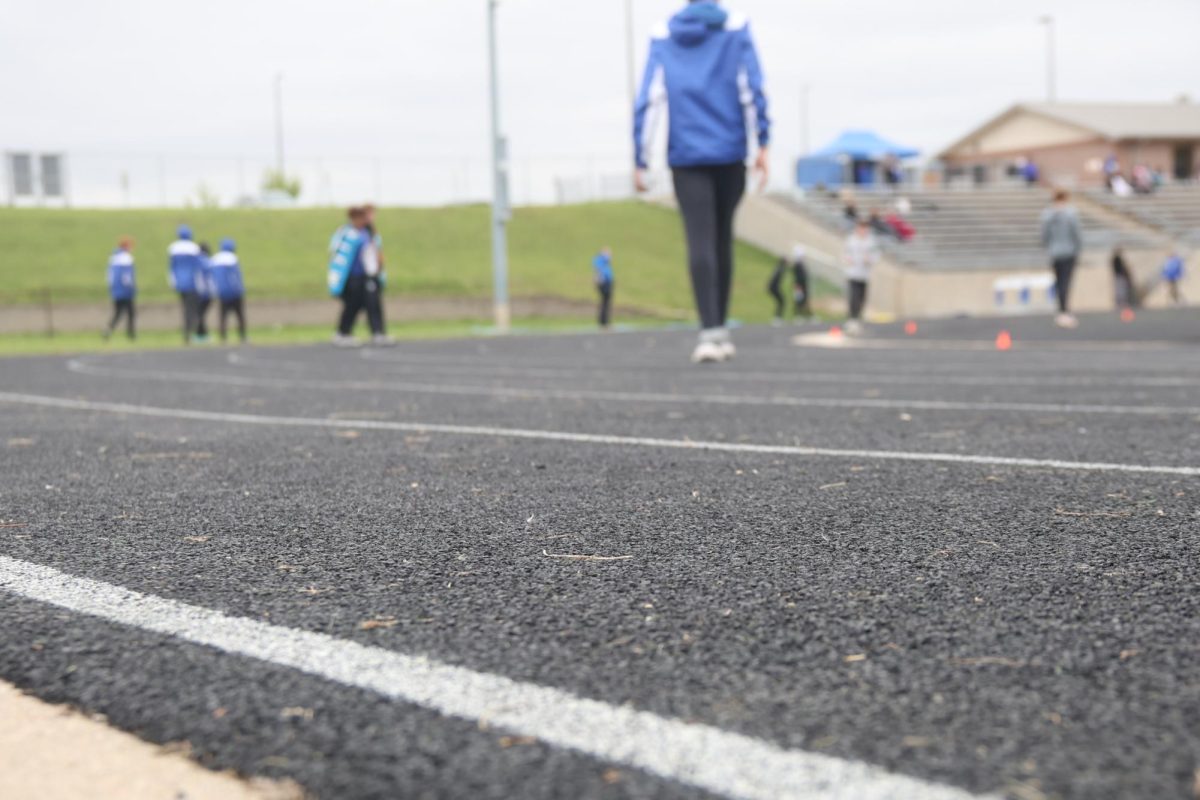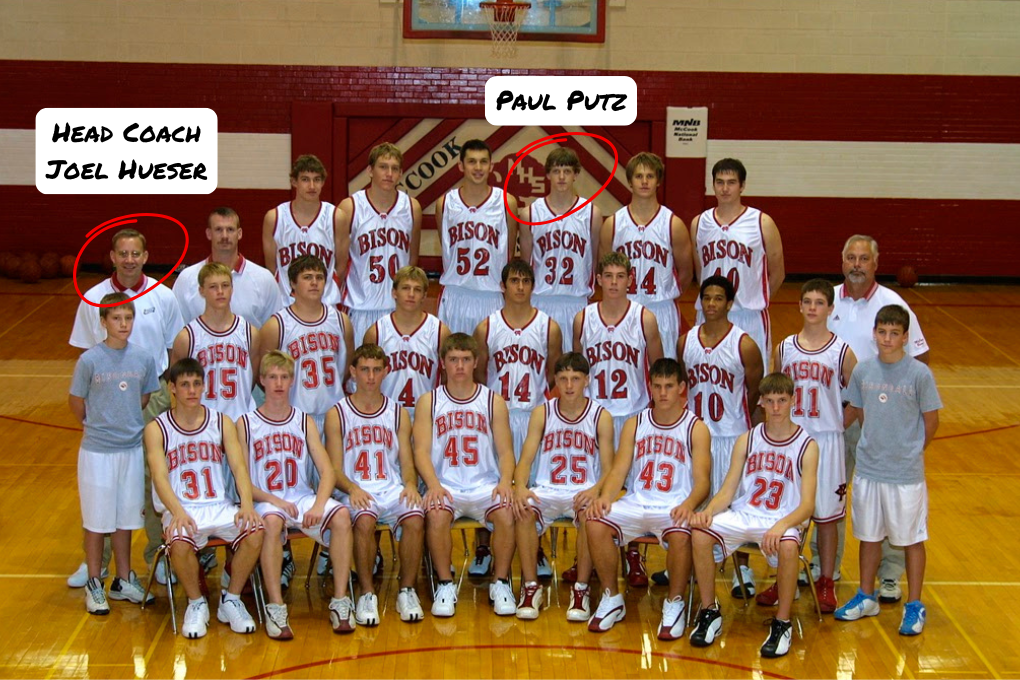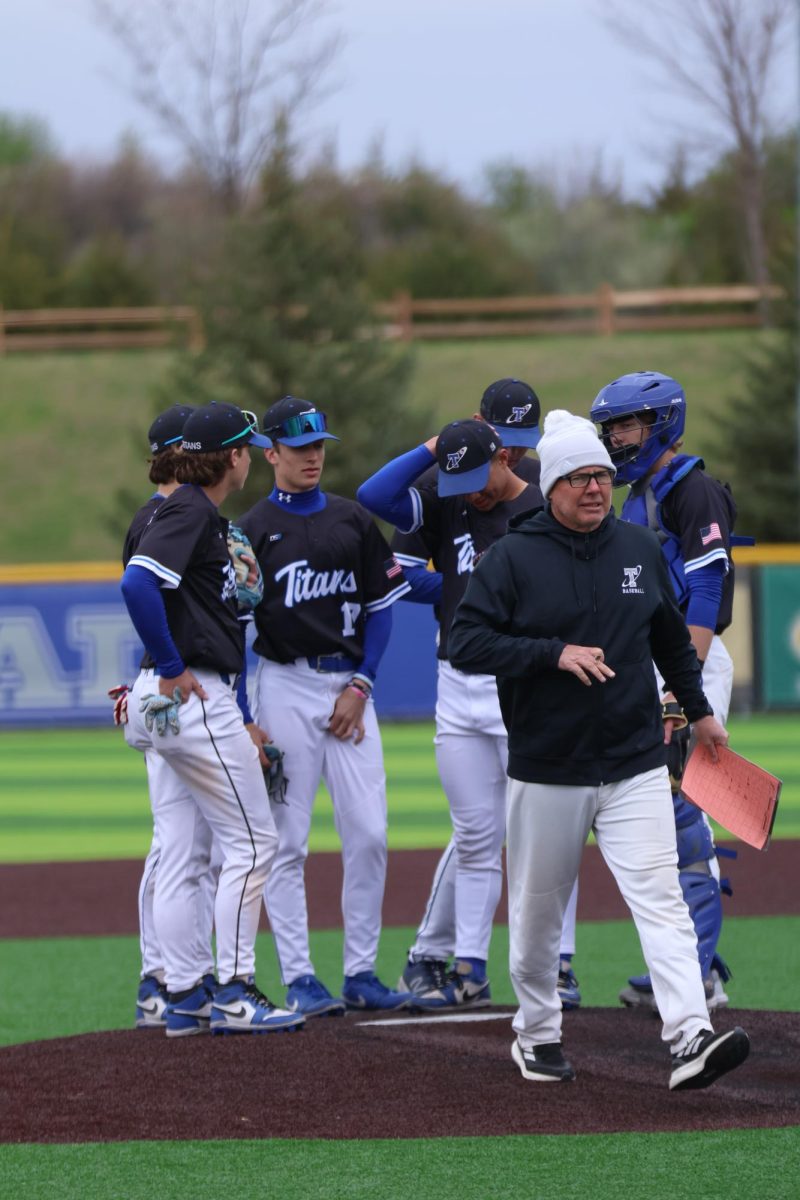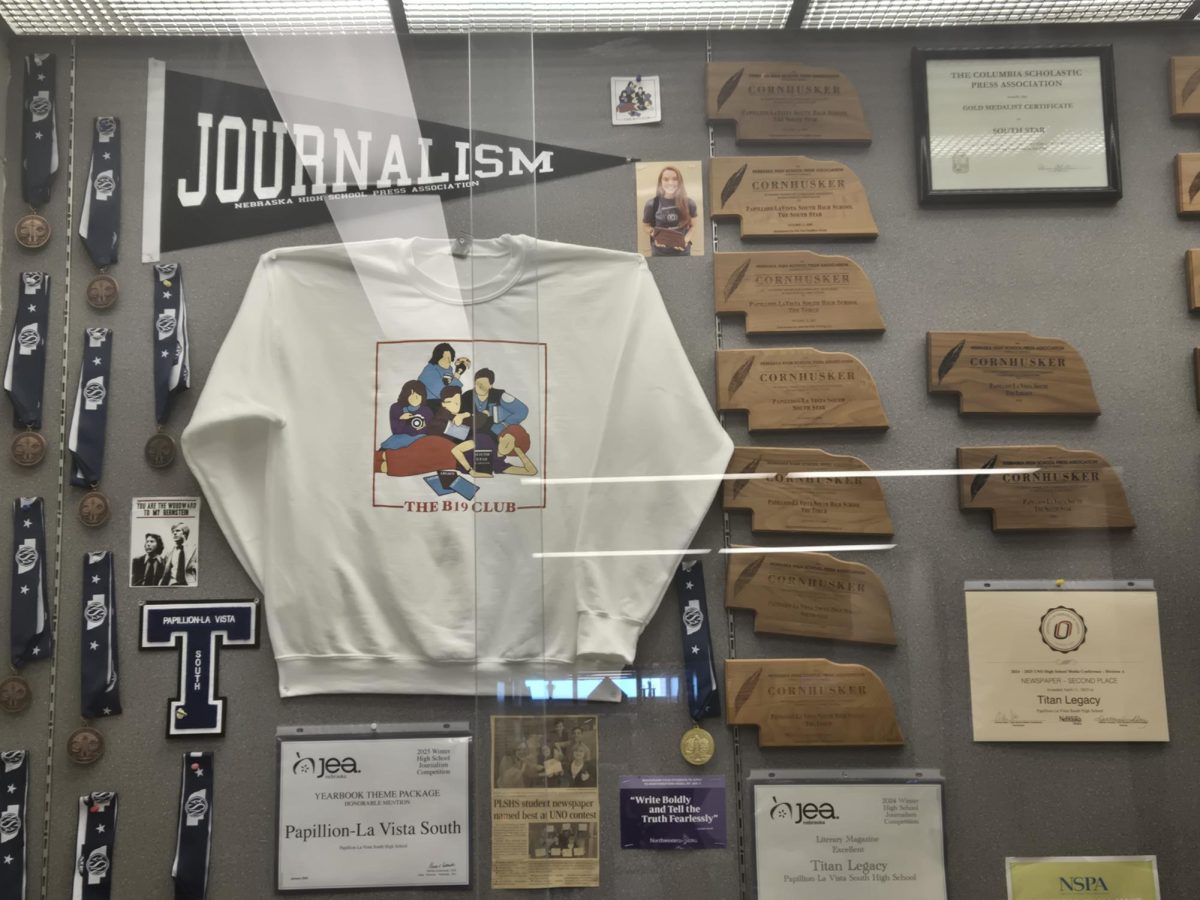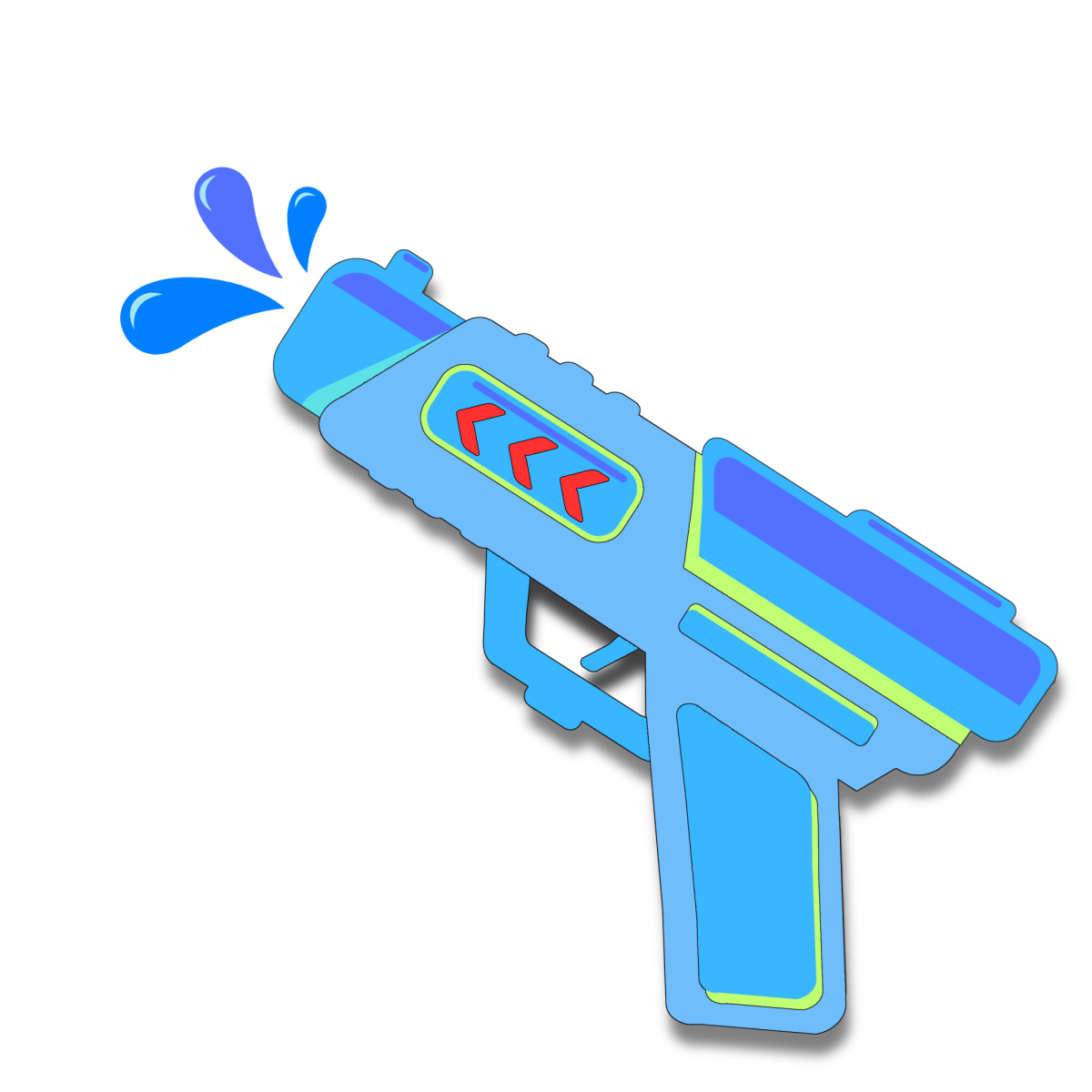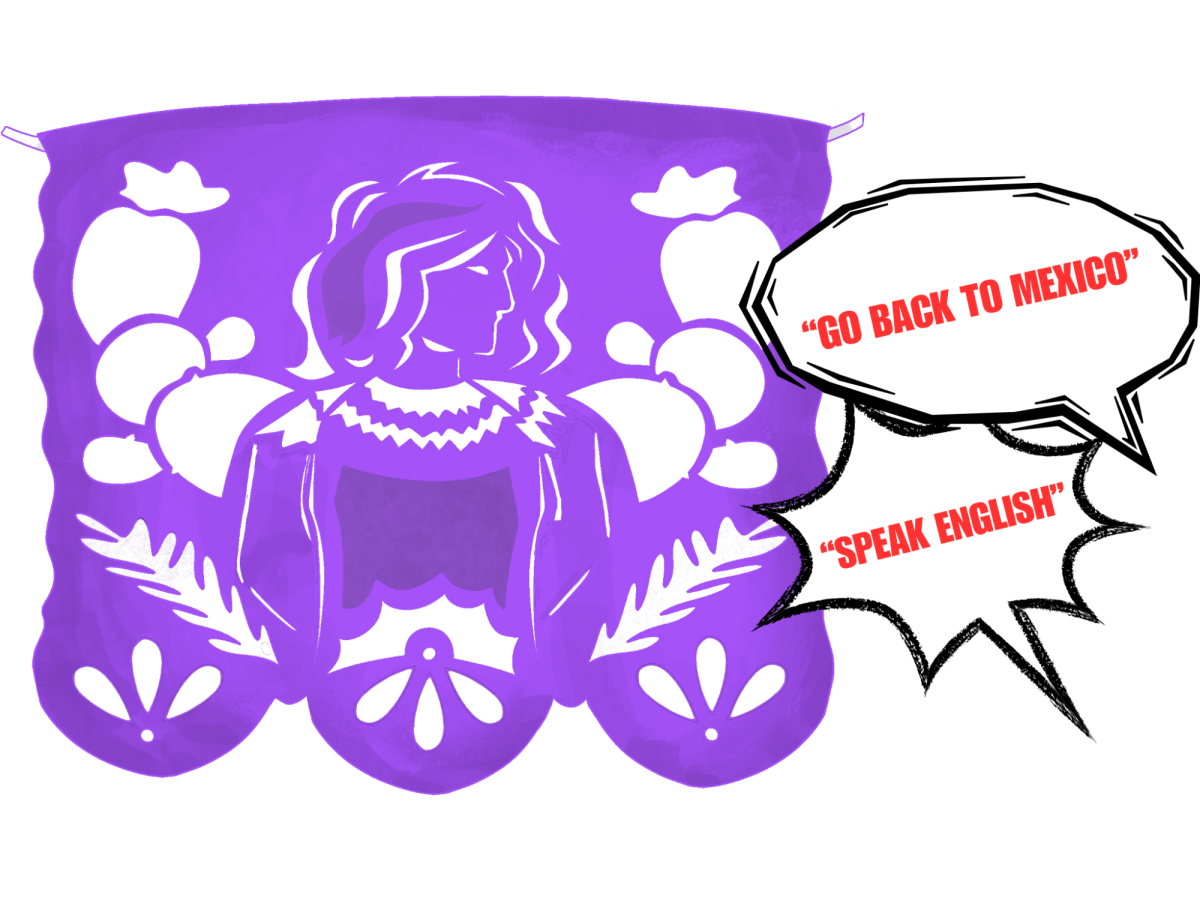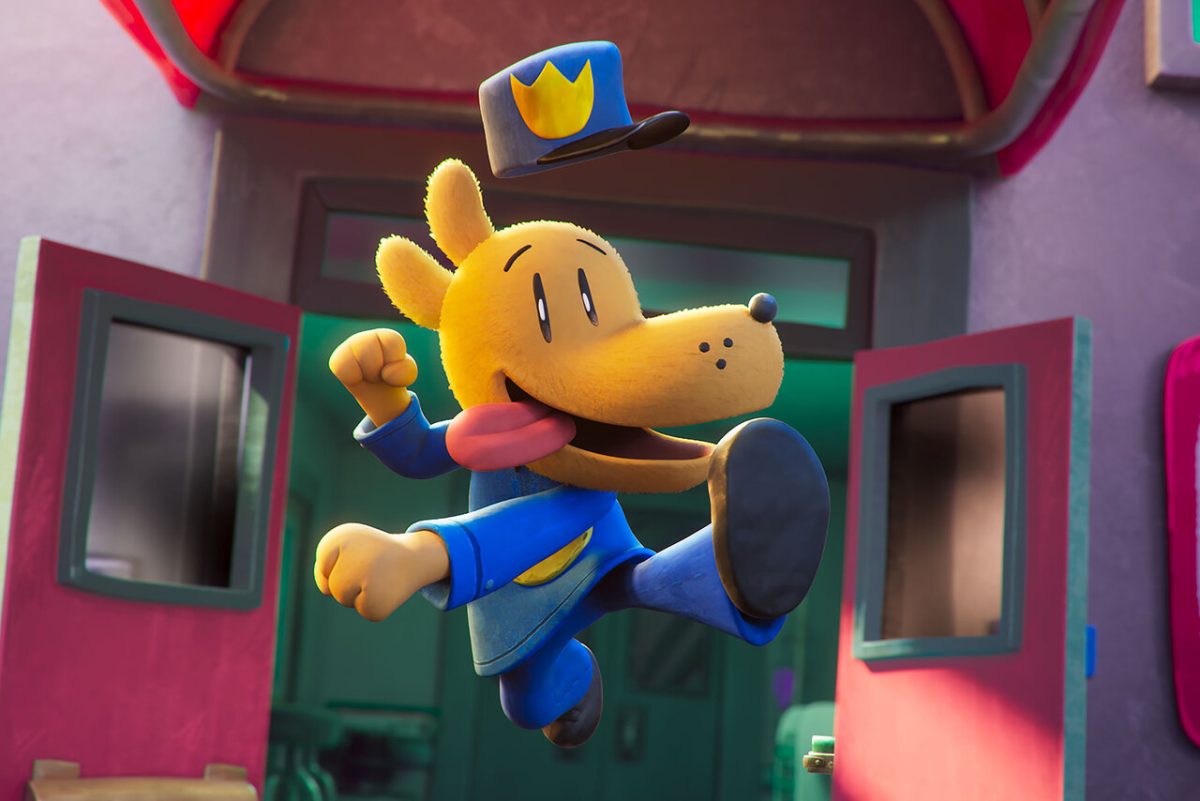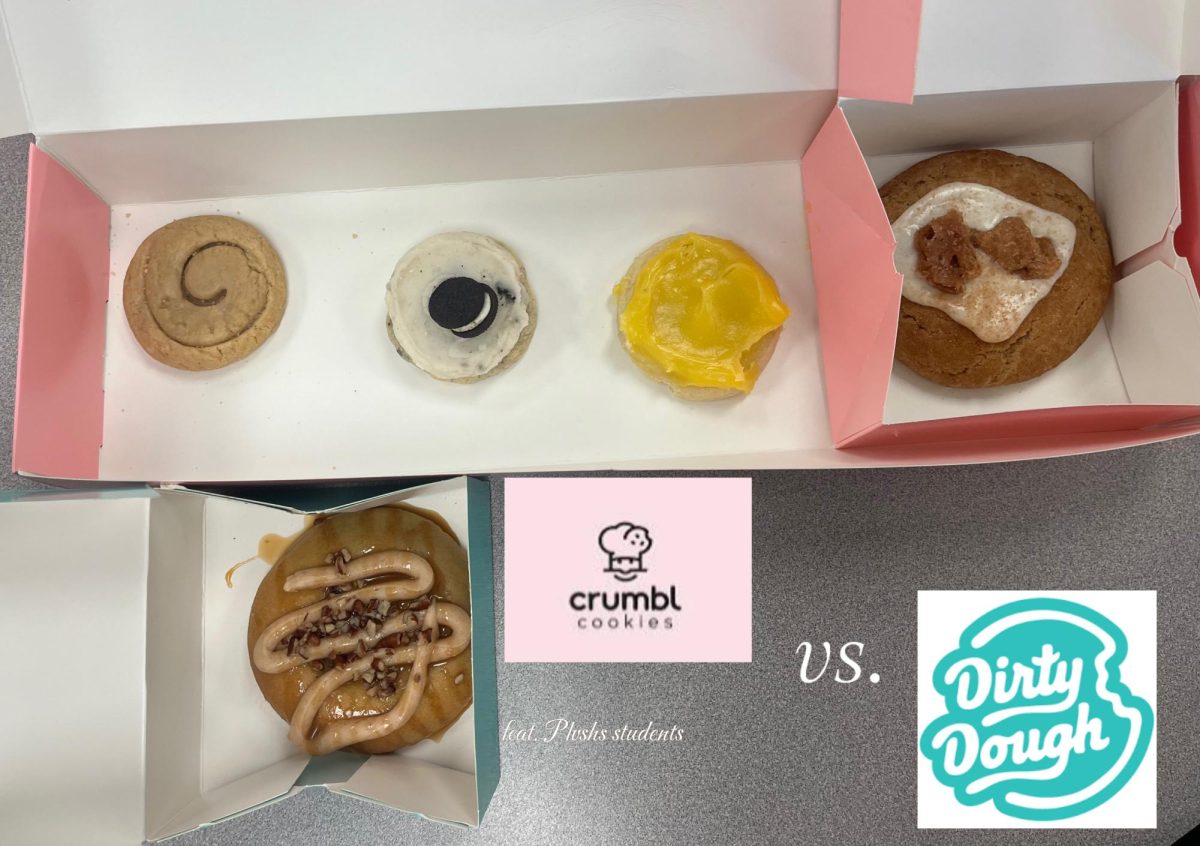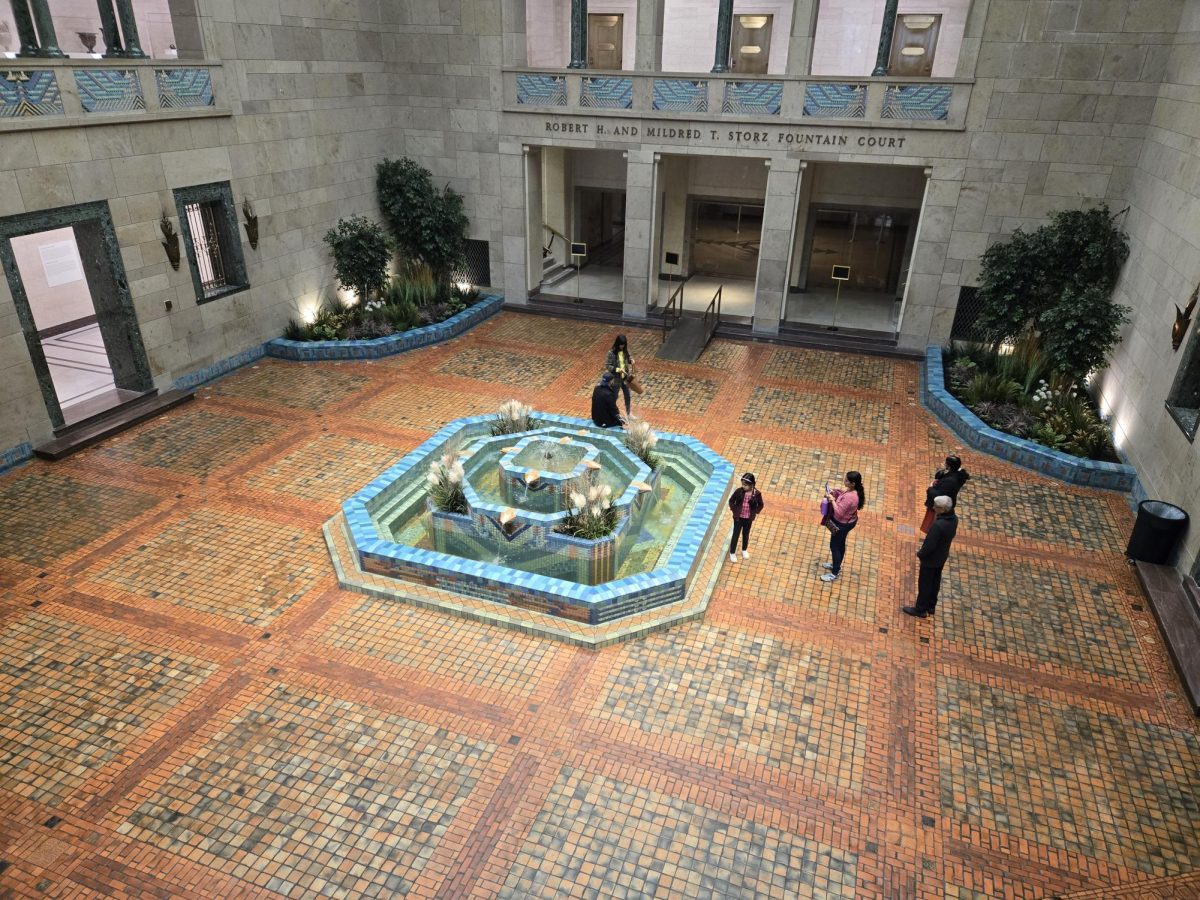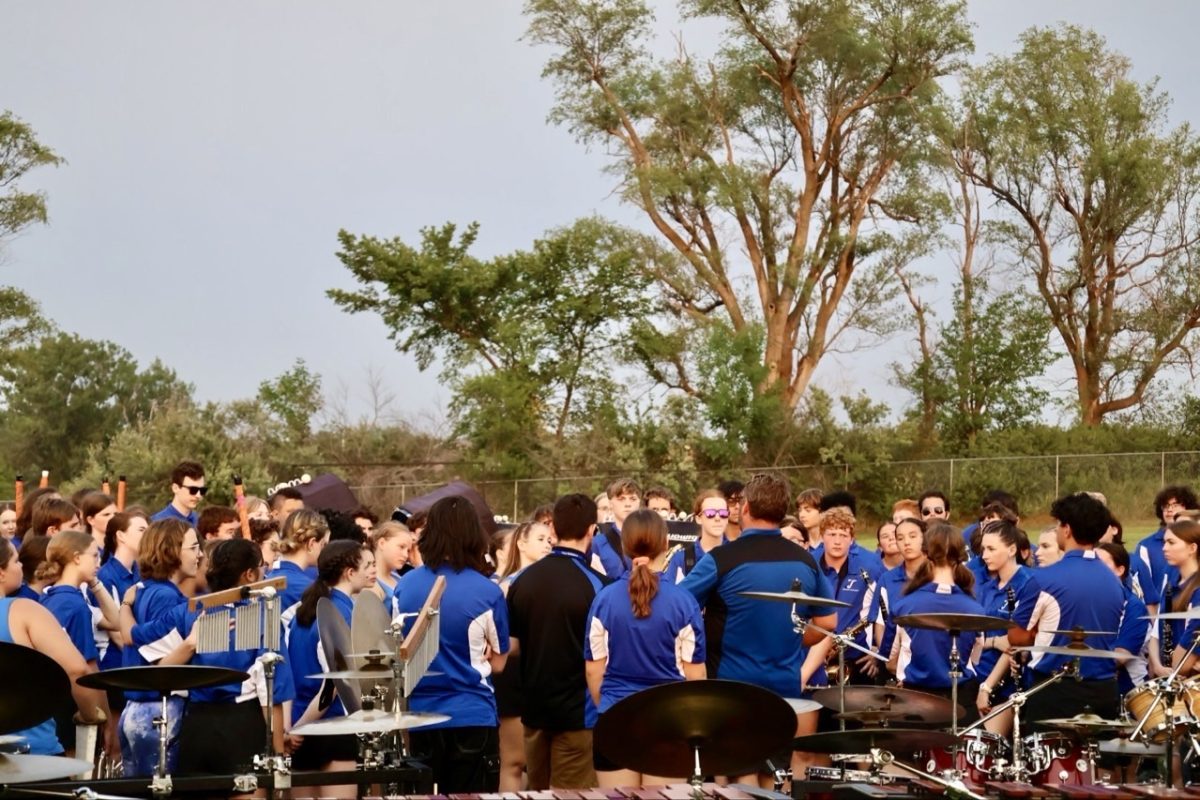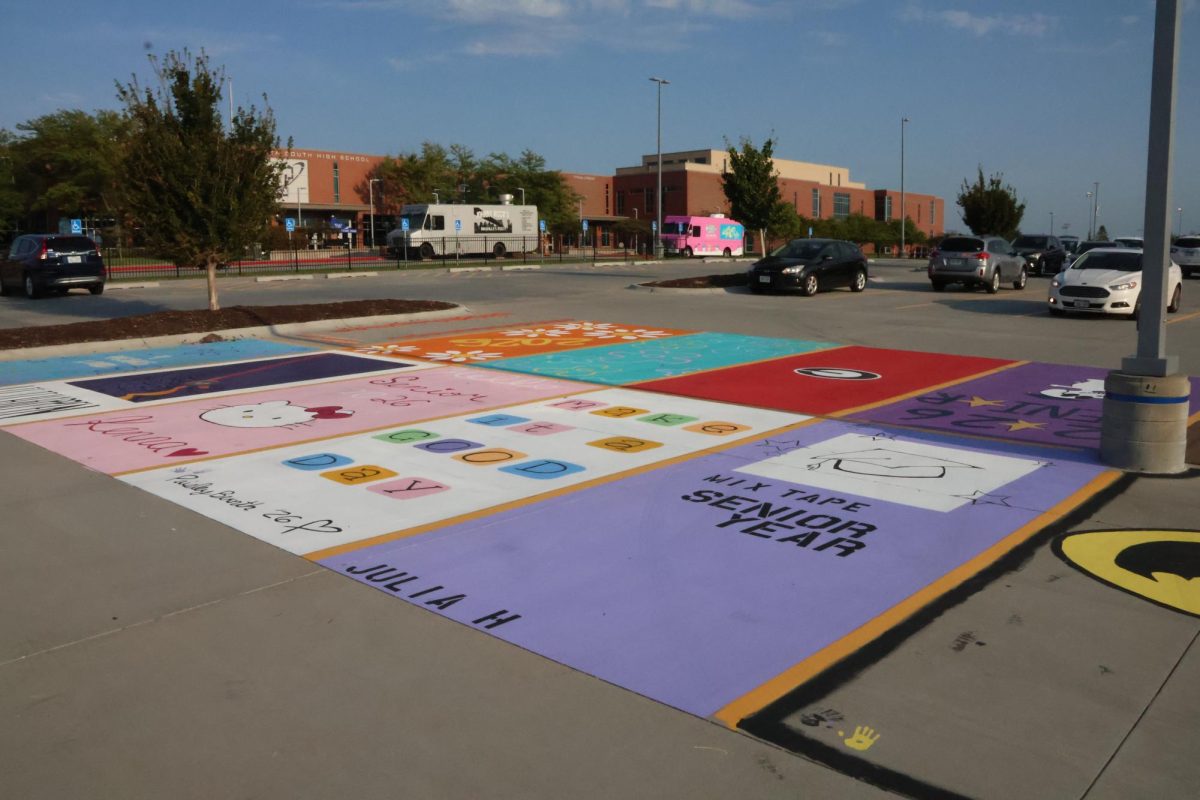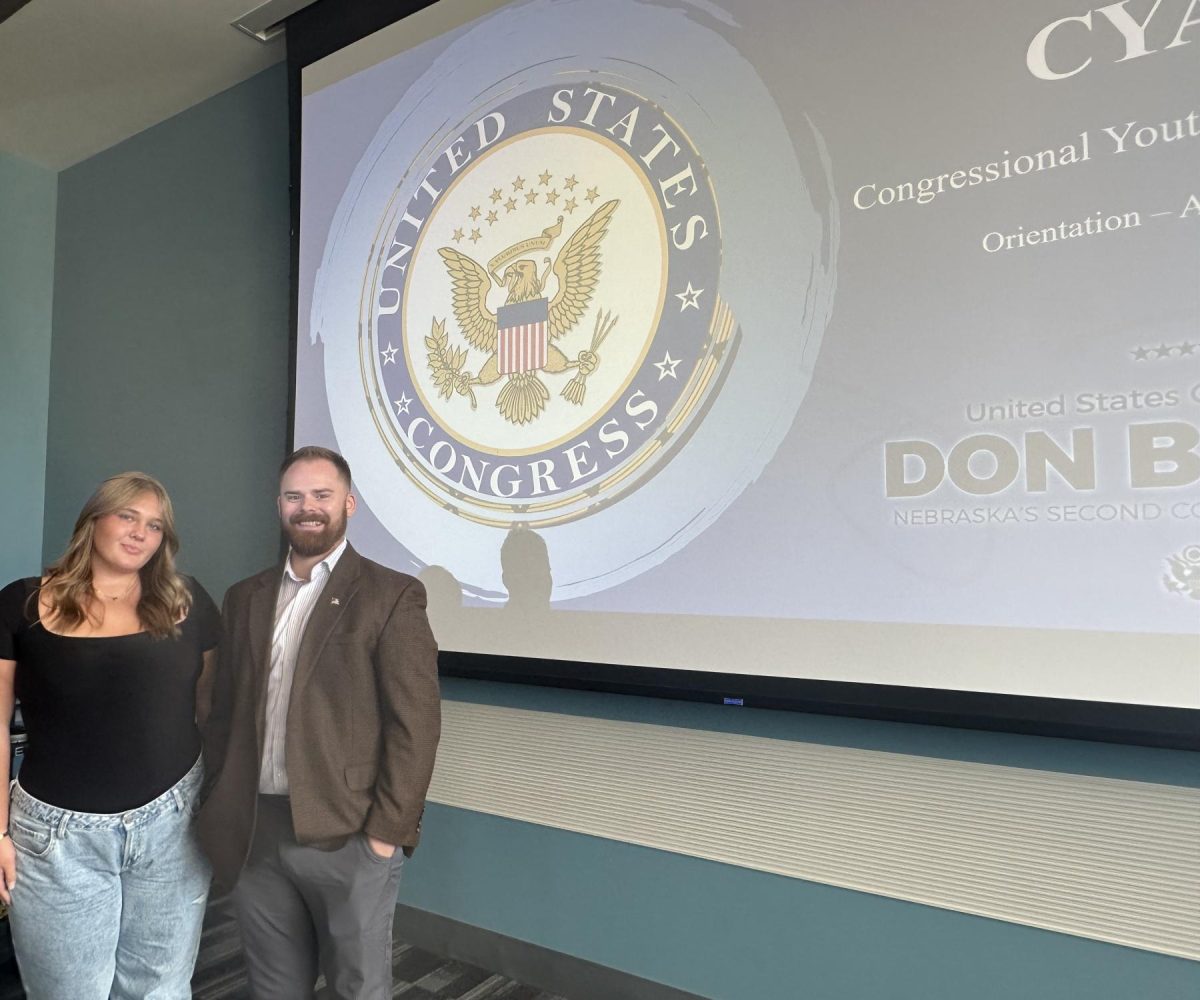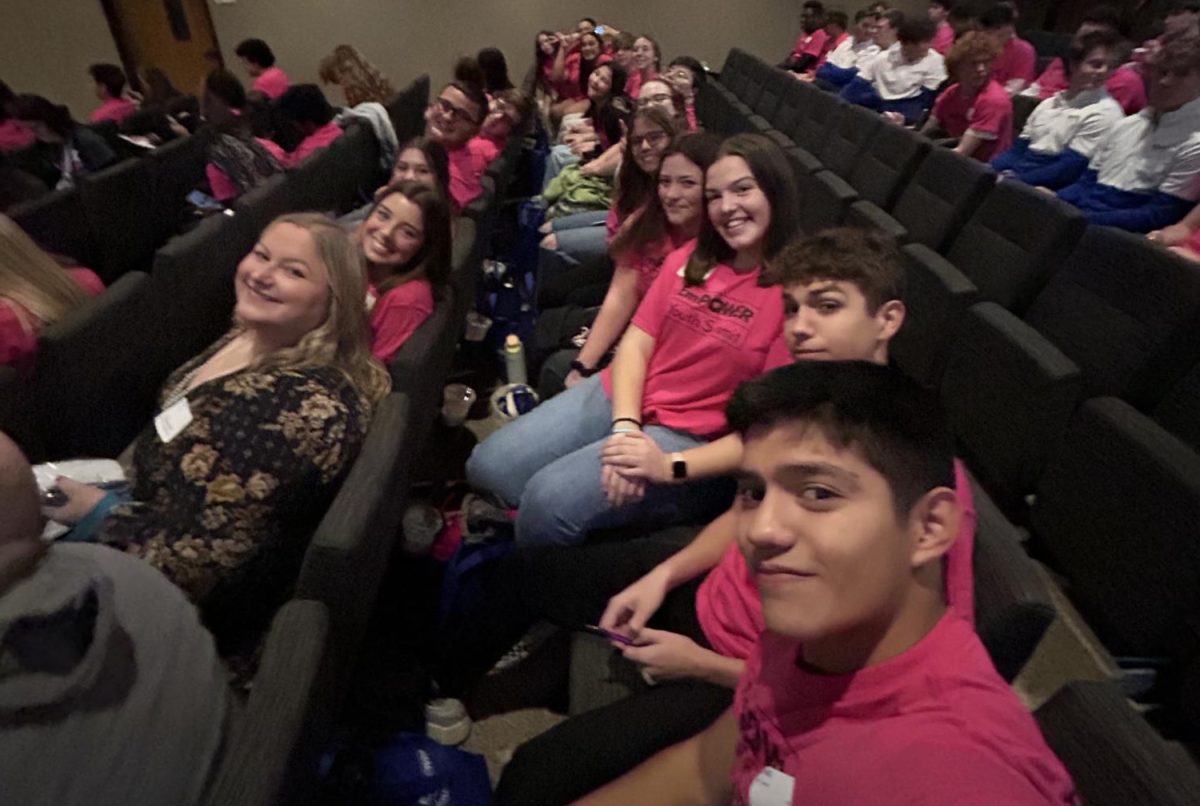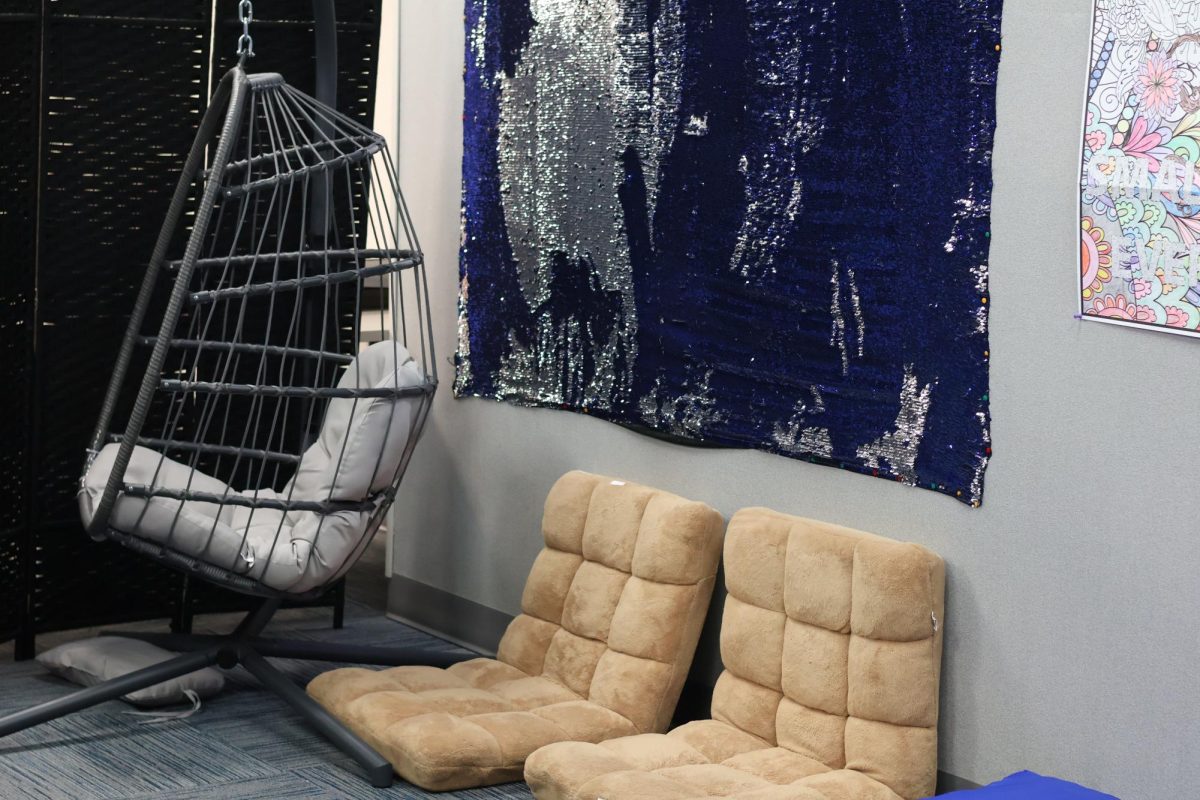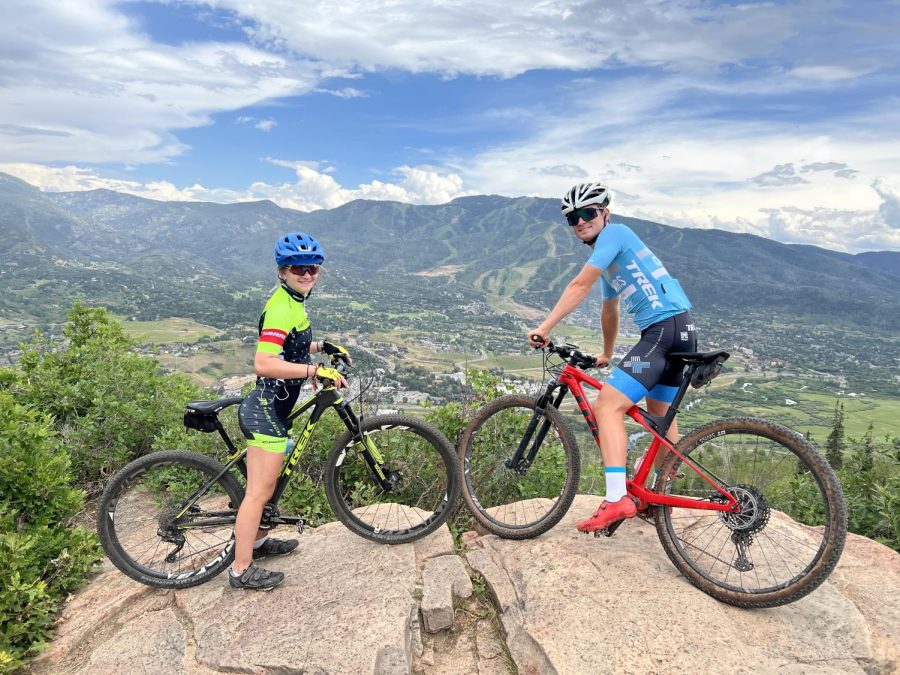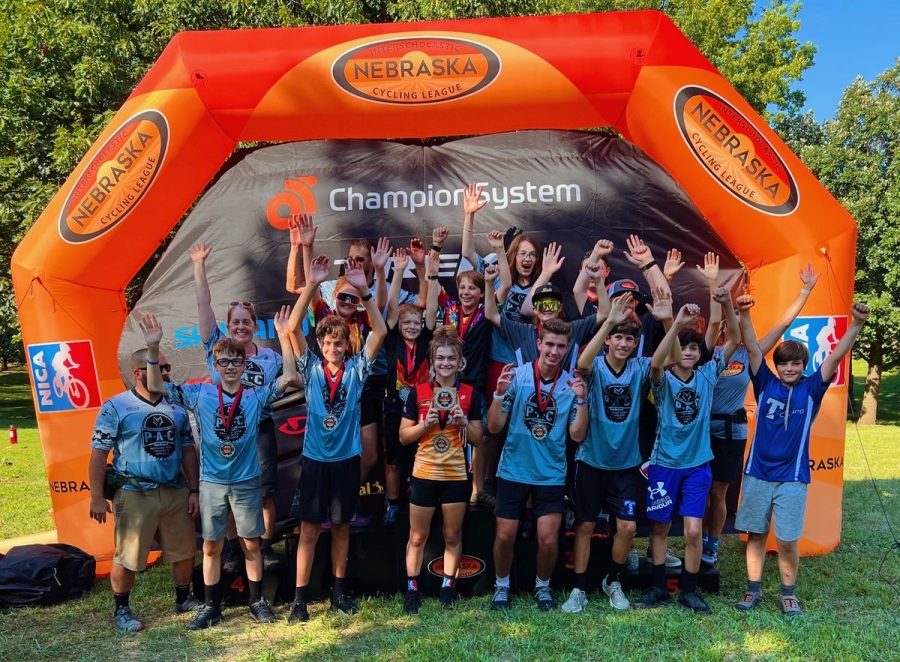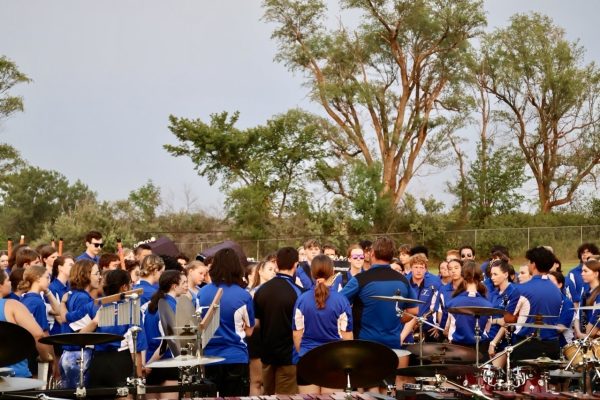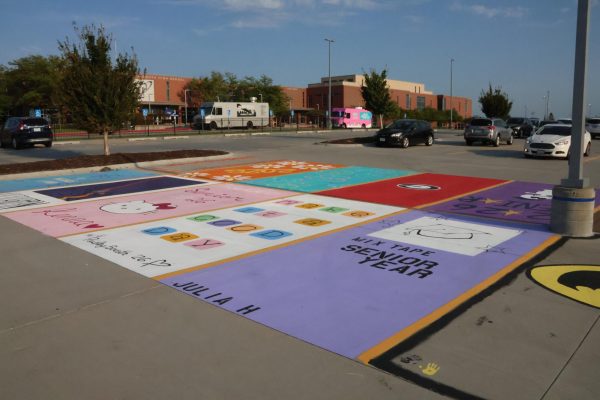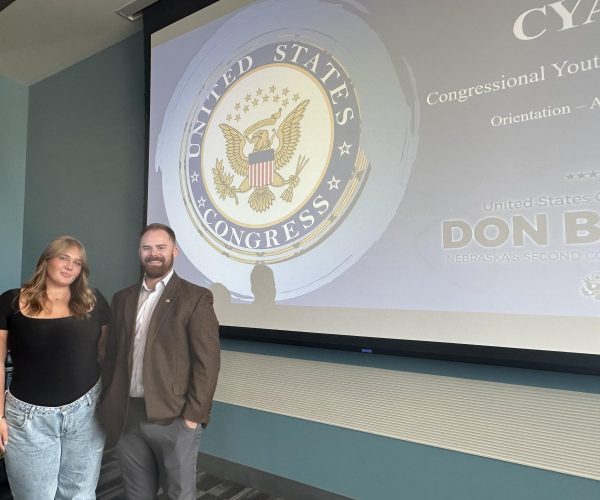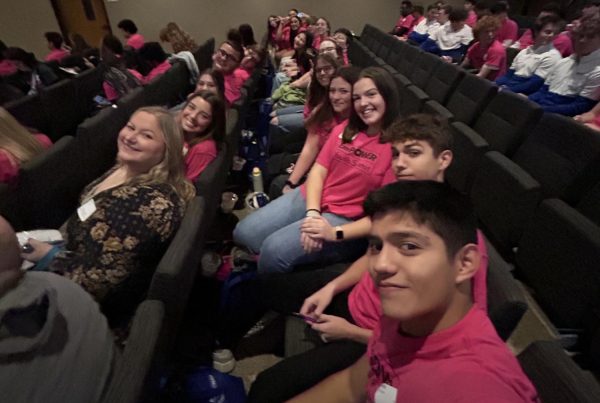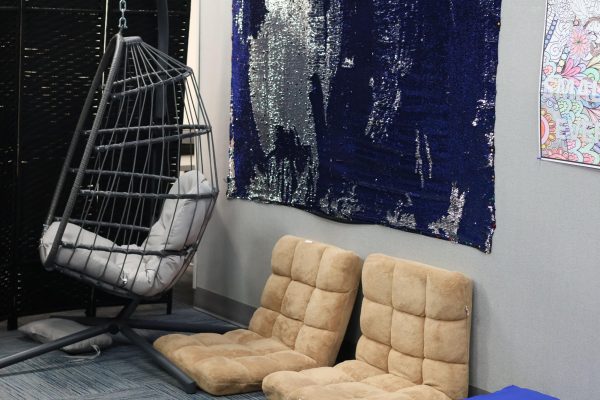Family path steers toward cycling
Whenever we go out of town for any reason, my dad has a bike with him. Every hotel we go to, no matter the place, he’s wheeling his mountain bike through the lobby and getting strange looks.
Say I have a hockey game in two hours? My dad will sneak out for a quick ride before coming to cheer me on. He knows how to find a good trail anywhere if he hasn’t already ridden it.
Recently, cycling brought my family all the way out to Europe, where I experienced the culture in a new light. I was brought together with many wonderful strangers in Zonhoven, Belgium. I was there because my brother, Dillon McNeill, was racing in the UCI U23 Cyclocross World Cup. Cyclocross is a sport where cyclists are subject to many different types of terrain, often causing them to fully dismount the bike and run carrying it, for multiple short laps.
While we were in Europe, we chose to do a biking tour of Amsterdam as a family excursion. While touring the beautiful historical sites of Amsterdam, I did not expect attention to be turned on my family. I was riding behind our tour guide, making small talk as we went. When I told him why we were in Europe, he immediately wanted to speak to my brother in deeper detail about his experience racing in Europe. This complete stranger from another country was drawn to get to know us better from our common culture of cycling.
International cycling culture
The bike culture in Europe is unreal. Specifically in Amsterdam of the Netherlands, it is not so much the culture of racing bikes for sport, but the culture of riding bikes for transportation. Bikes were way more common than cars.
The city had car lanes, and then bike lanes, and then sidewalks. The bike lanes adhered to traffic rules just like cars. You have to stay on the right side of the lane unless you’re passing. If you’re passing, you have to ring your bell. You must signal with your arm which way you’re turning, etc.
There were traffic lights for bikes, along with parking garages and spaces specifically for bicycles. It’s a whole different atmosphere and experience.
One thing I will tell you about Amsterdam is, if you happen to be walking in a bike lane by accident, you are in danger. If you’re riding a bike in Amsterdam and you’re not paying attention to the bike and car lanes around you, you’re in even more danger.
Everyone there is so familiar with biking that there are rules of the road that may be unfamiliar to non-residents.
Belgium is considered the heartland of cyclocross, as many important races take place there. While I was at a World Cup race, I was astounded by the sheer number of people there to watch. I have never in my life seen so many people in one place to watch bike racing.
When I’m talking to people from Nebraska, I have a hard time explaining what cyclocross even is, but in Belgium, it’s the sport to watch. The experience was a culture shock for sure.
There was a post-race celebration at the course where they brought out a live musician. Even though I could not speak a lick of any of the languages flying around, I found myself screaming songs that I could not understand, jumping up and down and dancing with hundreds of people.
Growing up in a cyclist family
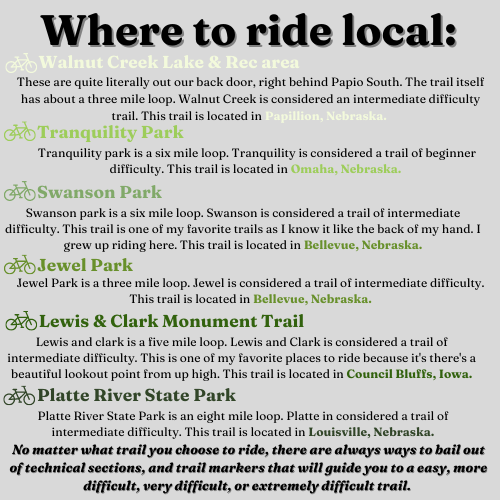 Ever since I was a little kid, biking has been a part of my life in one way or another. My dad used to be an owner of numerous Trek bicycle retail stores in the Midwest. At that time in my life, my days consisted of running around the store and watching my dad and his co-workers fix and sell bikes. He then sold the stores back to Trek and became CEO of marketing and development for the International Mountain Biking Association. Our home garage looks like a little bike shop in itself.
Ever since I was a little kid, biking has been a part of my life in one way or another. My dad used to be an owner of numerous Trek bicycle retail stores in the Midwest. At that time in my life, my days consisted of running around the store and watching my dad and his co-workers fix and sell bikes. He then sold the stores back to Trek and became CEO of marketing and development for the International Mountain Biking Association. Our home garage looks like a little bike shop in itself.
My siblings and I all tried out biking at some point, and for my brother and I, it stuck. We tried out all different kinds of biking: road, mountain, gravel and cyclocross. For me, mountain biking was the one. My brother does all different types of racing, but his main interest is cyclocross. As for my dad, his main thing is mountain biking, but I’ve seen him race all different types. Bike races were what a lot of my childhood consisted of. My dad and my brother could normally enter races at the same place, so it’d be a daylong excursion to watch them race.
The McNeill family has a tradition of attending the Leadville 100, which is a 100-mile mountain bike race through the mountains of Leadville, Colorado. It involves 11,298 feet of elevation gain, and it takes my dad around eight hours on average. My dad does this race and our family goes out to “sag” for him, which essentially means we give him hand-ups of water and snacks throughout the race.
We would run around the city of Leadville to catch him at several points. If a rider doesn’t finish the race in 12 hours, it’s considered a DNF, meaning they wouldn’t technically finish. Once my dad would finish the race and rest up, we would go back to the course to push some last-minute finishers up a rudely placed climb to the finish line.
When I was little, I used to ride with Nebraska DEVO, which is a development program that teaches kids how to properly and safely ride mountain bikes. My dad put me in DEVO because mountain biking does come with some serious risk of injury.
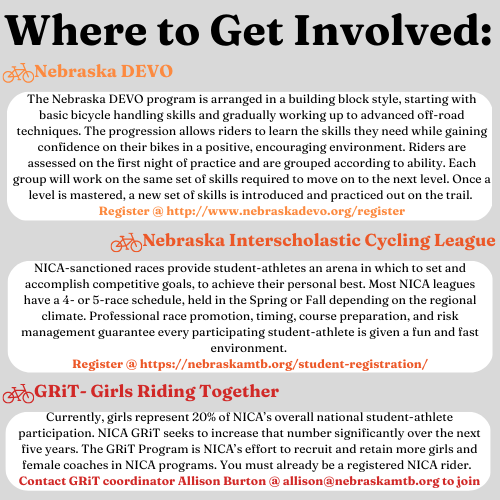 It is important to learn the technicalities of riding to avoid crashing. I looked forward to DEVO every week, because I made friends in the program and I had fun riding. Not to mention, my dad and I enjoyed our tradition of getting ice cream from Culver’s afterward.
It is important to learn the technicalities of riding to avoid crashing. I looked forward to DEVO every week, because I made friends in the program and I had fun riding. Not to mention, my dad and I enjoyed our tradition of getting ice cream from Culver’s afterward.
Once I hit middle school, my dad suggested racing for the school. At first, I was hesitant, but my dad convinced me that I needed to try it before making a decision. My dad was right; the environment was a lot different than what I was expecting. There were many riders and many different races for people of different skill levels.
Everyone stays at the course all day to support every racer. Someone is always cheering your name or your school as you pass, cowbells are ringing all over, and you have support no matter who you are.
After winning races, you get to do post-race interviews with a microphone over the speaker. I’m normally asked about the course and how I felt about it, and any tips I have for other racers. I know it’s just high school racing, but it makes me feel pretty cool. It’s a great environment where everyone is just excited to ride.
Where we are now
Circling back to the tradition of Leadville, my dad did the race 10 times before he was burnt out. At the same time, he was hit with a cancer diagnosis that would not allow him to be on a bike for eight hours. But nothing will stop the love for biking.
Through every crash, injury or diagnosis, my dad’s love for the sport has never faded. The cycling community sent my dad numerous gifts and loving messages to uplift him and the rest of us throughout a hard time; it has been our second family.
Now, as Dad is cancer free and ready to roll, we’re heading back to Leadville this August where he, alongside my brother, will once again race the Leadville 100. My family is restarting the tradition, but this time we’re betting money on who will perform better.
Cycling has created a bond, love, and way of life for the McNeills.
Your donation will support the student journalists of Papillion-La Vista South High School. Your contribution will allow us to purchase equipment and cover our annual website hosting costs.
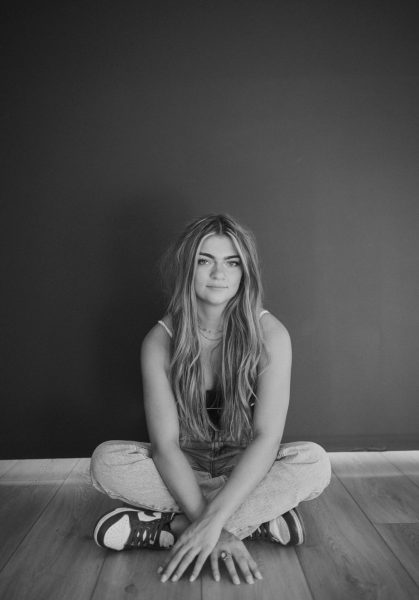
Hi guys! My name is Kaylie and this is my second year on staff. I spend a lot of my time playing travel ice hockey. I also run track, mountain bike, and...


